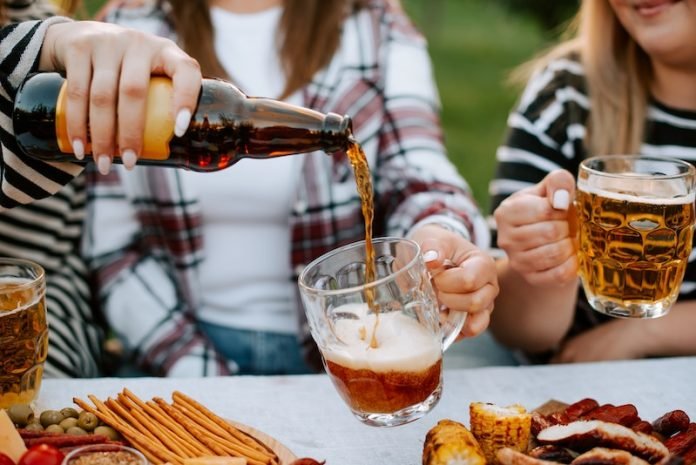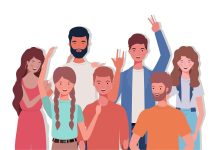
Debunking the “Beer Goggles” Myth
We’ve all heard the term “beer goggles,” the idea that after a few drinks, people around us suddenly seem more attractive. But new research suggests that’s not the case.
Alcohol may not actually make people look better to us; instead, it makes us braver to approach those we already find attractive.
This shift in understanding could be crucial not just for pub-goers but also for those looking to understand the effects of alcohol on social behavior and relationships.
The Study: A Realistic Twist
Molly A. Bowdring, the main researcher of the study from Stanford Prevention Research Center, teamed up with her advisor, Michael Sayette, to dig deeper into this topic.
They organized an experiment involving 18 pairs of young male friends. Unlike older studies that simply asked participants to rate photos for attractiveness, this study upped the stakes: it included the chance to meet the people in the photos.
The friends came into the lab twice. Once, they were given alcoholic drinks, and the other time they were given non-alcoholic drinks.
This setup was designed to imitate what happens when friends socialize and drink together in real life.
After a few sips, the men were shown photos and videos of people and were asked to rate how good-looking they found each person.
They were also told they might get a chance to meet one of the people they rated, which added a dose of reality to the experiment.
The Findings: Courage, Not Changed Vision
The study found that whether the participants were tipsy or sober didn’t change how attractive they found the people in the photos.
This bucks the popular belief that alcohol changes our perception of attractiveness—what many call “beer goggles.”
However, alcohol did seem to give them a bit of “liquid courage.” When the men had been drinking, they were much more likely to pick one of the people they found most attractive for a potential future meet-up.
In fact, they were 1.71 times more likely to make that choice compared to when they were sober.
What It Means For Us
This research could change how we think about alcohol’s role in our social lives. It’s not making others more attractive; it’s making us more willing to act on our pre-existing attractions.
This has broader implications beyond the bar or party setting. Understanding how alcohol affects social interactions could be useful for therapists and counselors.
It could also be helpful for anyone trying to navigate social settings where alcohol is present.
Molly Bowdring points out that while the effects might seem beneficial in the short term, they could be harmful in the long run.
If alcohol is giving you the courage to approach people, what happens when the courage wears off? It’s something to think about the next time you find yourself reaching for a glass at a social event.
If you care about high blood pressure, please read studies about potatoes and high blood pressure, and top 10 choices for a blood pressure-friendly diet
For more information about diabetes, please see recent studies about How to eat to prevent type 2 diabetes and 5 vitamins that may prevent complications in diabetes.
The study was published in the Journal of Studies on Alcohol and Drugs.
Follow us on Twitter for more articles about this topic.
Copyright © 2023 Knowridge Science Report. All rights reserved.



